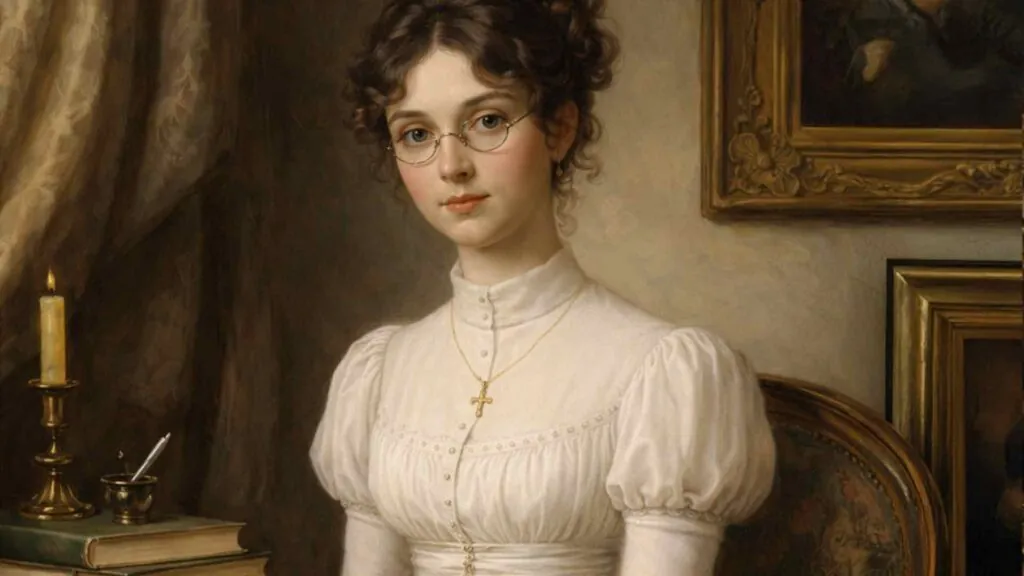
Science - Creation/Evolution
Of baby birds, and death before the Fall
Today we started off the day with a funeral right after breakfast. Bluey Leapey Wieske died during the night. We buried him at the back of the our property, close by where we buried the cow a few months ago. Micah asked me, “Daddy, when I die, can you bury me next to Bluey?”
Micah called him Bluey Leapey because of his eyes. They were a kind of blue, and the flickering of his eyelids made Micah think of the name “Leapey.” Micah found Bluey’s nest fallen to the ground from the towering palm trees by the kitchen complex. Bluey had fallen with the nest, then climbed partway back up the tree where Micah found him, stunned, clinging to the bark.
For two days Micah researched how to care for injured wild baby birds. He did everything he could to nurture and save the little bird. One clear instruction from the many sources consulted Micah completely ignored: “Do not handle the bird too much.” For some reason, Bluey did not seem to like being placed in the remnant of the nest we gathered up. He much preferred to nestle on Micah’s chest, clinging to his shirt. I fully expected the bird to die within minutes, but he lasted two days with Micah feeding him fruit and bread moistened with water.
Micah is seven years old. He is an active, energetic, carefree, very physical child. He is also extremely sensitive. This morning we awoke to hear his wails of lamentation as he discovered Bluey’s lifeless form lying in the carefully prepared nesting box next to his bed. Micah’s weeping continued as we headed out after breakfast and laid Bluey to rest in a small hole dug under a spreading tree in the back field.
Why did Micah cry?
Is his grief a consequence of his innate understanding that death is abnormal, an enemy, a cursed result of sin and the Fall? Or his is grief abnormal, an enemy, a cursed result of sin and the Fall?
Death is good?
There are those who, in an attempt to resolve perceived conflicts between science and faith, propose that the Bible be read in the light of modern scientific research. Since scientists claim that multiple lines of evidence point to animal ancestry for humans, and an evolutionary origin to all of life, some Christian scientists believe that the Bible should be read in such a way that it allows for a world in which animal and human life developed over millions of years. Contrary to atheistic evolutionism, this Christian version understands the process not to be the result of random chance, but rather a beautiful, intricate process created and directed by God Himself for His glory.
There’s a problem: this theory requires that death and suffering exist in this world long before the arrival of Adam and Eve. (In fact, this theory makes it impossible to even hold on to the Biblical Adam and Eve, but that’s a different story.)
The problem is dismissed by Christians who believe that God used evolution to create life on this planet. They argue that when the Bible says that death entered into the world through Man’s sin, this is a reference to the death of humans. It doesn’t refer to the death of non-human creatures. Science has established the presence of catastrophic death and disease well before the arrival of homo sapiens in the history of evolution.
According to evolutionary creationists, that’s OK. Evolution requires millions of years of birth, suffering, and death in order to progress. This can be understood to be “very good,” as God declared of His creation, as long as it doesn’t refer to human death. Since Adam and Eve’s respective “parents” or non-human progenitors were not actually human, but only human-like, it doesn’t matter that they suffered and died before the Fall. This is all part of God’s glorious plan of (evolutionary) creation, which He declared very good (Genesis 1:31). It’s really good and beautiful that foxes eat rabbits. Or that little birds fall out of trees and die. It’s all part of how Creation/Evolution works. Behold, it was very good. And it is very good.
Why is Micah crying then?
According to the thesis that Creation is through Evolution, I guess Micah’s sinful little heart is rebelling against God’s good and perfect creative work. Who is Micah to question what God calls very good? This is the way God has made the world: through suffering and death, Life is perfected. That’s the way it was before the Fall, and that’s the way it continues after the Fall.
Not the way it is supposed to be
However, the Bible teaches something different. The Bible informs the way I comfort and instruct Micah at this important educational moment. We speak together about the very good creation into which our sin introduced death and destruction as results of God’s curse. This is an important instructional opportunity to show Micah that the wages of sin is death: not just death in the sense of a heart stopping or a person not breathing anymore, but death in all of its horrible catastrophically destructive aspects as it affects Man, relationships, animals, and all of creation. This little bird died because Eve took a bite from a fruit that God had told her not to eat. This little bird died because we are sinners. The creation is groaning and is in bondage to decay because of our sin.
But here is the good news. Jesus is making all things new. In the new creation, things are very, very good. There is no more death. In the new heavens and the new earth, Micah will no longer weep over a dead little bird, because Jesus is bringing about the day when the full Life-giving and Life-transforming results of Jesus’ death and resurrection will finally rid the universe of every last vestige of the heart-wrenching sadness and misery that results from our Fall.
Rev. Wieske is currently pastor at the St. Albert Canadian Reformed Church. He wrote this article while serving as a missionary in Brazil. The article first appeared in the July/August 2015 issue of Reformed Perspective under the title "Of baby birds, death, and creation."






























